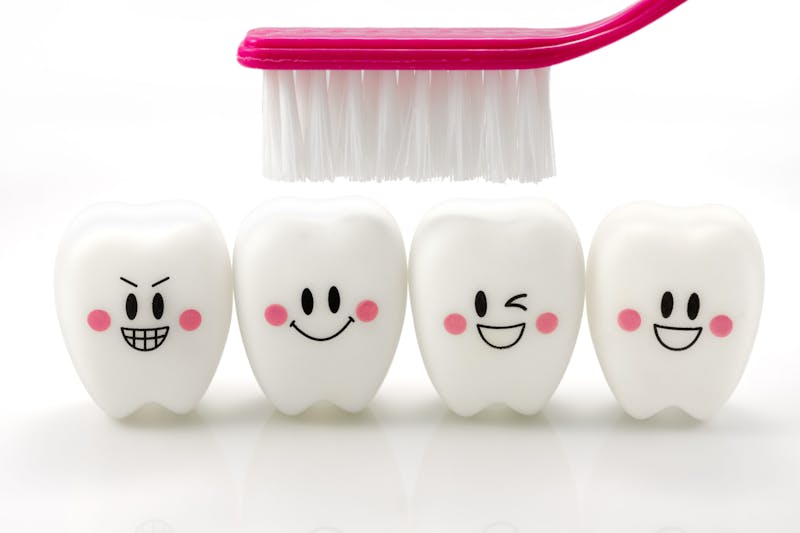
How to Prevent Bleeding Gums
Bleeding gums is one of the most common dental problems in the world. Many people will experience bleeding gums either briefly or chronically at some point in their lives. If this happens to you, don’t panic. There are many reasons why your gums could be bleeding, and there are numerous options for prevention and treatment of bleeding gums.
What Causes Bleeding Gums?
The gums are a very sensitive part of the body, and they can develop chronic bleeding issues for a variety of reasons.
- Improper dental hygiene practices. The most common cause of bleeding gums is poor dental hygiene. Without regular and thorough brushing and flossing, plaque and bacteria builds up in the gum lining and causes swelling, irritation and bleeding.
- Pregnancy. While pregnancy itself does not cause bleeding gums, it does increase your chances of developing this condition. The change in hormones makes your gums more susceptible to plaque and bacteria. At this time, your body may also start producing less saliva, which combats tartar buildup. Additionally, morning sickness coats your teeth and gums with stomach acid, causing damage and irritation.
- Medications. A common side effect of medication is dry mouth. Without an adequate supply of saliva in your mouth to combat bacteria and plaque buildup, irritation and bleeding of the gums quickly develops. Some prescription and over the counter medications will also thin your blood as a side effect. When your blood is thinned, it becomes more difficult to clot and it’s easier to bruise and bleed. Additionally, a few medications directly have swelling of the gums as a side effect.
- Periodontitis. The most serious cause of bleeding gums, periodontitis, also known as periodontal disease or gum disease, is when the gums become infected by bacteria that has become trapped in the gum lining. The infection will create deeper pockets in the gum lining that allow for more bacteria to accumulate and damage to occur.
How Can Gum Disease Impact Your Life?
Your gums are more important than you might think. They help keep your teeth firmly in place, and they provide your teeth and mouth with a protective barrier from bacteria. When you develop gum disease, your gums become compromised and can’t serve their purpose effectively. If not properly treated quickly, gum disease can lead to permanent damage of the gum line, damage to the bones that support the teeth and tooth loss.
If the bacteria from periodontitis manages to enter the blood stream, it can increase your risks of respiratory disease, diabetes, heart disease, stroke, arthritis, dementia and complications with pregnancy.
What Steps Can You Take to Improve Your Gum Health and Prevent Gum Disease?
First and foremost, practicing good dental hygiene every day is a must for improving your gum health. Brush for at least two minutes twice a day, and floss firmly but gently at least once a day. Visit a dentist for a cleaning and examination once every six months.
Next, work with Sinada Dental on a plan to help improve your dental health practices. We can provide you with a lot of dental care tips and suggest the best dental hygiene products to help improve your gum health.
Finally, if you do develop gum disease, Sinada Dental can provide you with many treatment options ranging from a regimen of antibiotics, deep cleaning of the teeth and gums and laser treatments.


